Have you ever thought that a domestic plant has some power and can affect the aura in the place you’re in? According to the feng-shui, in order to prevent bad vibrations, you have to choose the species of plant, color, and shape of the pot correctly and carefully. We have studied the ancient practice of feng-shui and prepared a list of popular plants with their meaning and significance.
What Is Feng-Shui?
Feng-shui is an ancient Chinese practice that studies how objects, their shapes, colors, and qualities influence each other and people. This pseudoscience has developed methods to create a balanced environment with positive effects on human health, family life, and work. Feng shui is science and art, but not magic or mystics. Although this theory is not supported by any known scientific methods, its basic principles are still similar to quantum physics and relativity.
Shortlist of Feng-Shui Plants
Feng-shui traditions include many beliefs regarding plants and their meaning. Here are the most popular houseplants, favored by the ancient Chinese wisdom.
Bamboo
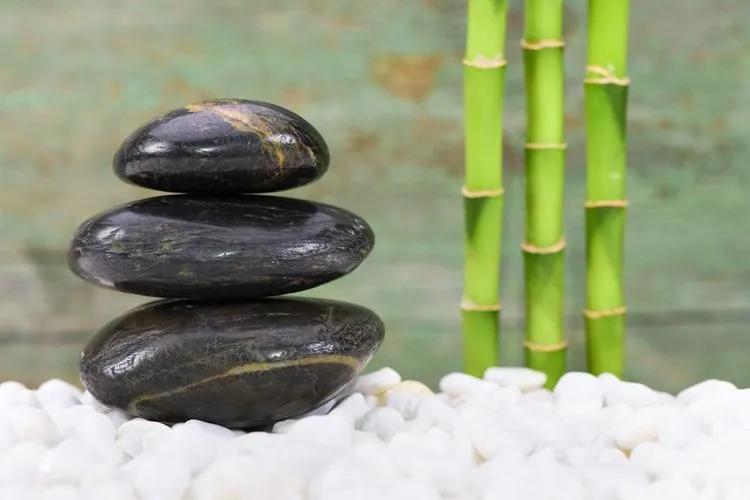
Bamboo is associated with China, no wonder it is regarded as a plant which brings luck there. According to feng-shui, bamboo absorbs negative energy and converts it into positive one. Bamboo should be placed on the floor, in the corner of the room.
Ficus
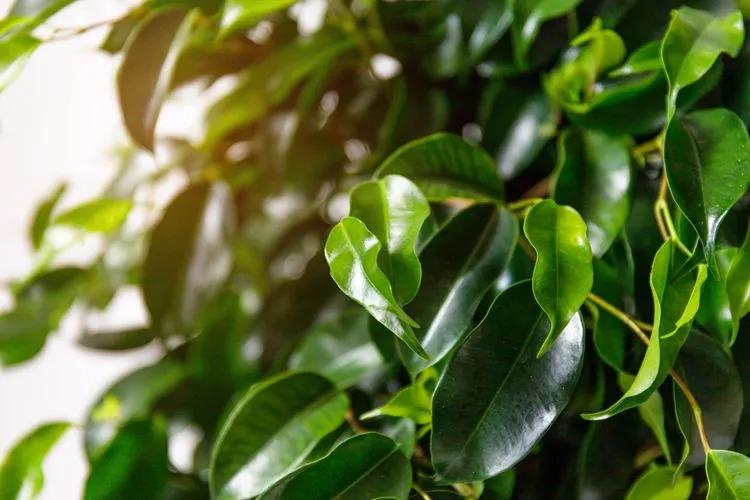
Ficus neutralizes aggression and is responsible for the family’s material well-being. However, the plant gets these properties only when it is cared for properly, so do not negligent your green pet.
Azalea
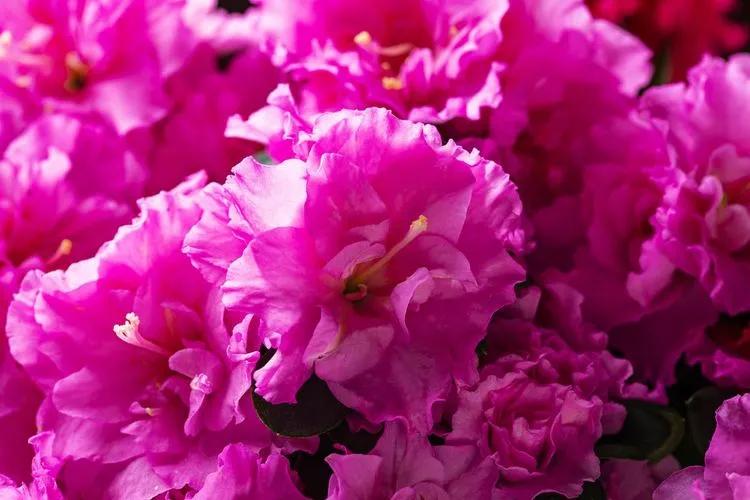
This colorful flower possesses the energy of peace and well-being. The power of this plant helps to smooth family conflicts, bring harmony and understanding to the relationship between spouses.
Pelargonium (Geranium)
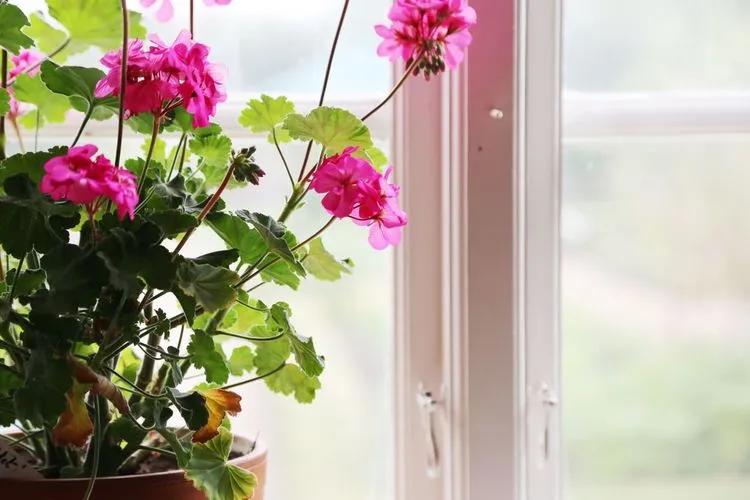
Geranium absorbs negative energy during flowering. Is oils are great for purifying the air, calming the nervous system. They are believed to provide humans with strength and energy.
Cactus
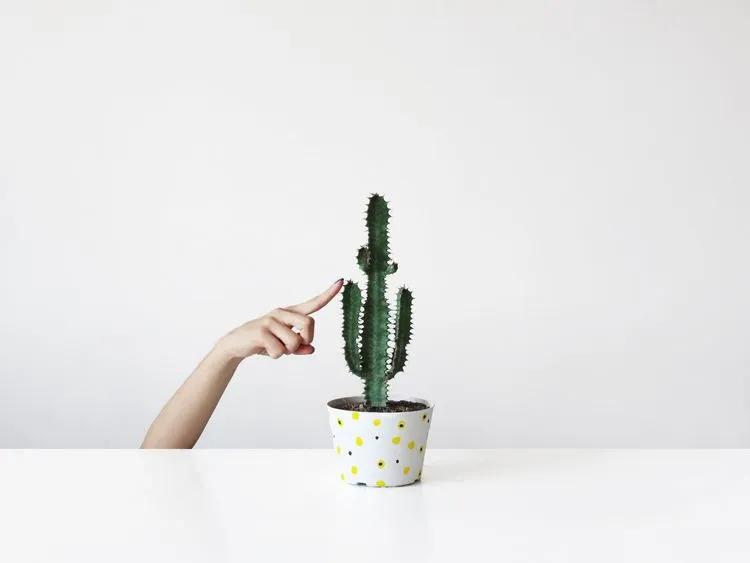
Cacti are believed to neutralize rage and anger. This plant is a symbol of filling; the color of a cactus, if placed in a wealth zone, will contribute to material well-being. The cactus helps to calm down, regulate emotions, and heat passions.
Jade Plant
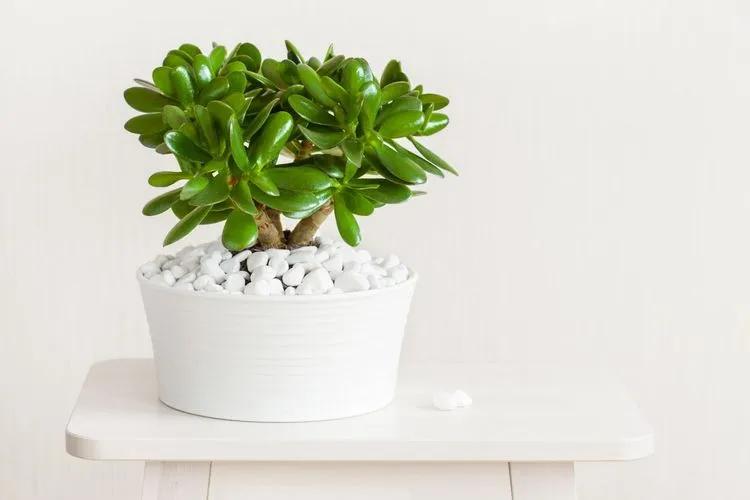
In China, Crassula is called a money tree. Of course, it is a symbol of wealth. If you want to keep your material well-being, make sure you put a money tree in the house. Plus, its really undemanding in terms of care.
Lemon Tree
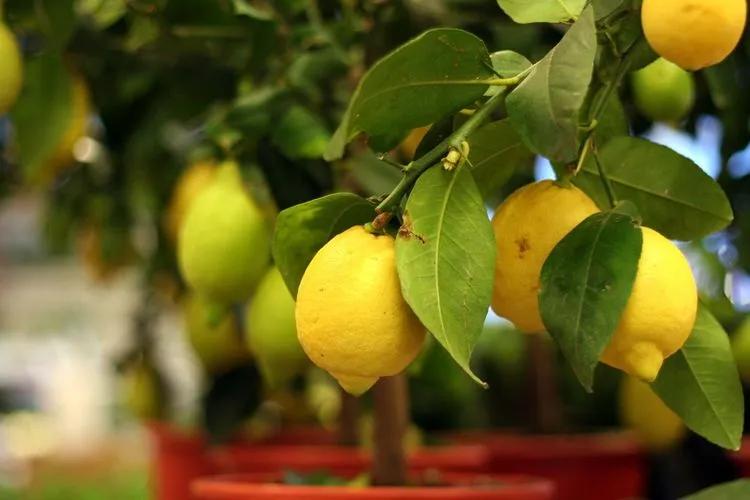
Lemon is recommended being placed in a children’s room. It nurtures curiosity, persistence, independence,, and interest in new knowledge - everything that any kiddo needs.
Myrtus
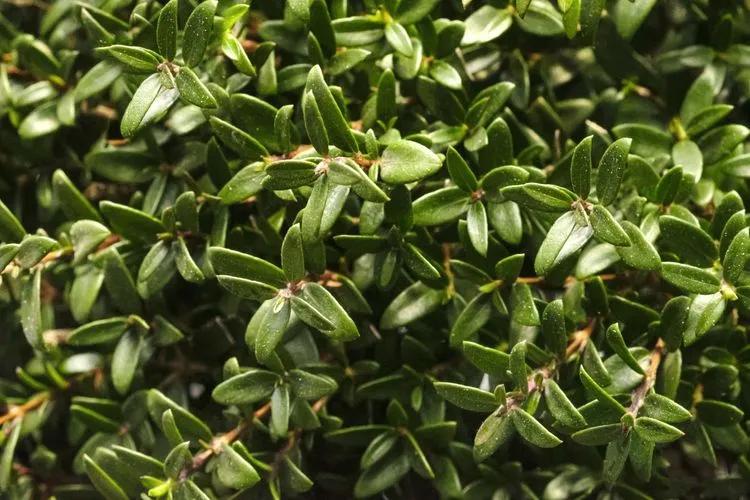
This plant brings the energy of happiness and love to your home, especially when it blooms. If you want to build a strong and happy family, make sure you bring a myrtle tree into the house. This plant will help you keep your marriage if your feelings have cooled off or if there has been a series of conflicts and quarrels.
Dracaena
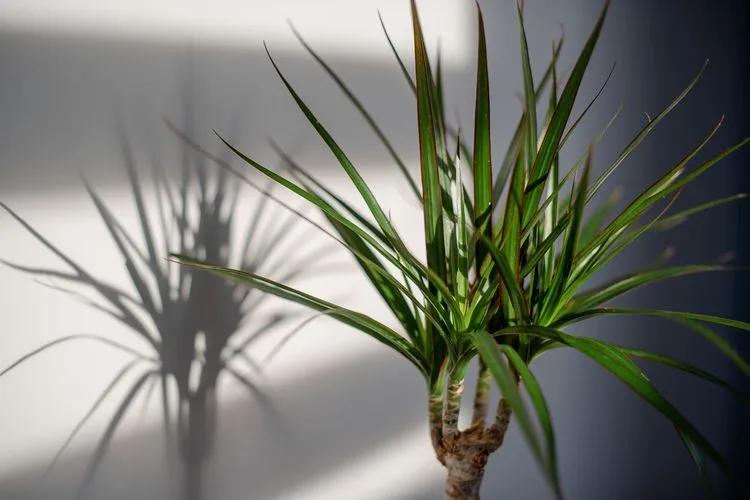
It is regarded as the “male” tree. Draceana provides an atmosphere of success, determination,, and freedom. Having this plant in the house ensures the owner’s longevity, career success, health,, and wealth. Consider it as a present for a special man.
Orchid
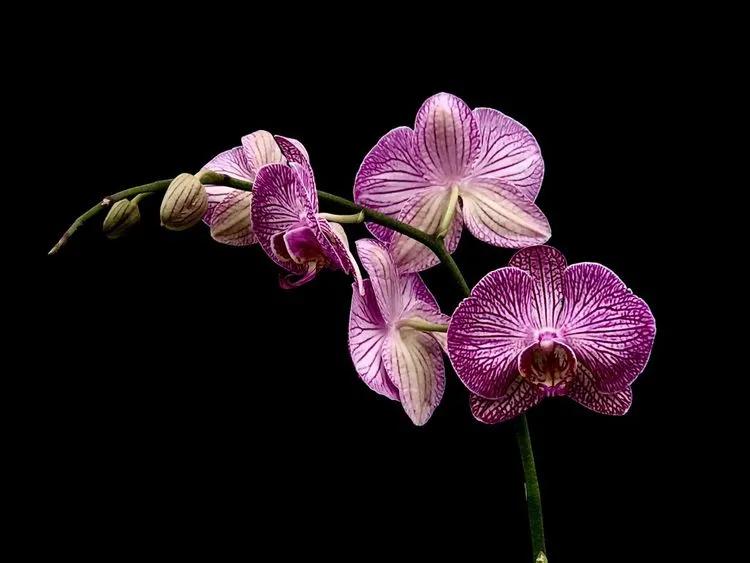
This delicate flower symbolizes perfection and harmony. It is also considered as a symbol of love and romance, so will be a great interior accent for couples and young families.
Poinsettia & Maranta
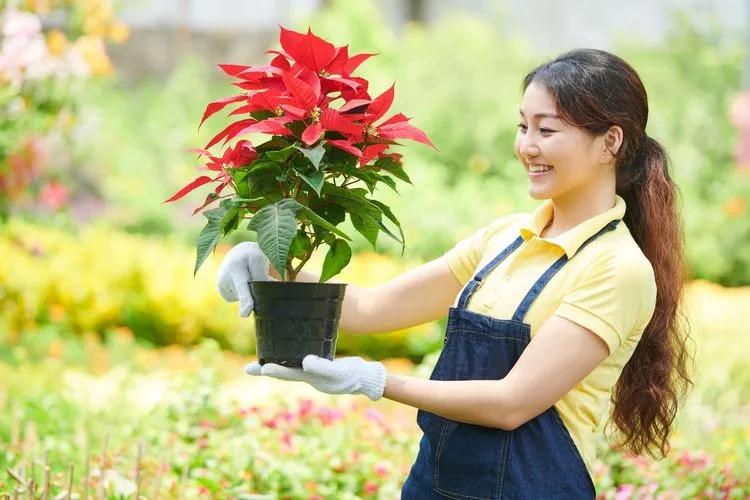
These houselants stimulate the process of finding. Discouraged people and those who have lost the meaning of life can obtain the strength again with the help of these green pets.
Violet
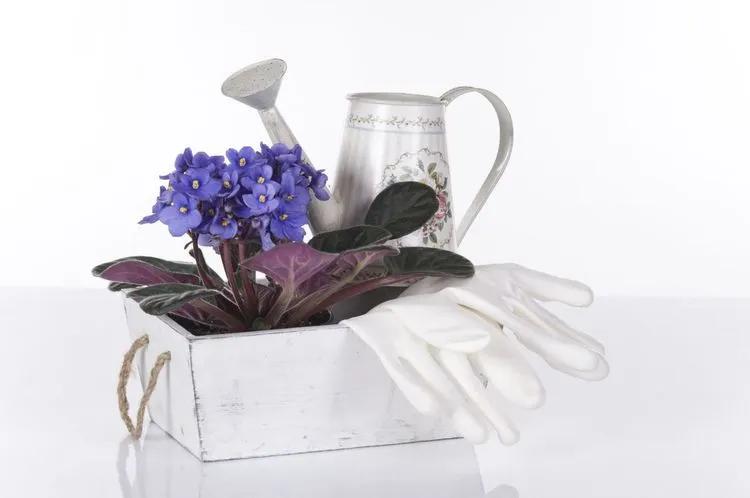
This tiny plant attracts financial well-being and good health. Pink and red violets help to increase life resource, white ones give calmness and confidence, and blue flowers provide its owner with motivation and inspiration.
Haemanthus
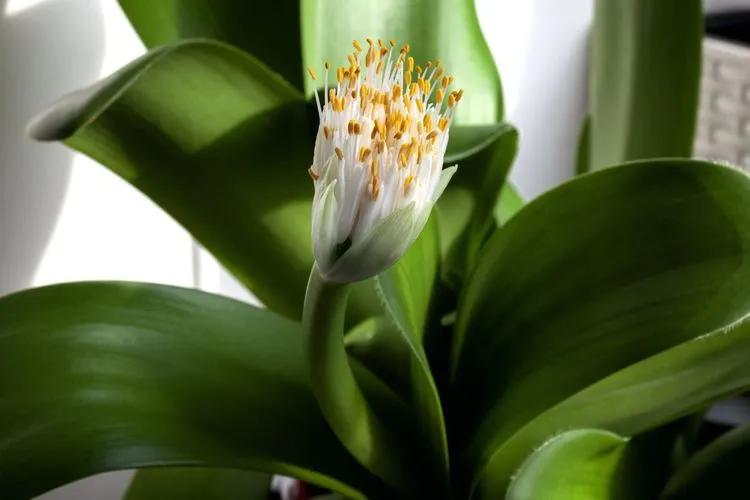
Placing this plant at home would help its neighboring green friends. It is believed that plants growing near Haemanthus have a chance to recover from any disease. Feng-shui also states that this flower, like the money tree, improves your financial situation.
Hibiscus

Hibiscus is considered to be a vampire plant that can absorb your energy very quickly. This is because the plant grows very rapidly. Also, the ancient wisdom claims that it is the moment of flowering when hibiscus consumes maximum energy.
Final Thoughts
While most plants have positive impact according to feng shui, don’t be discouraged getting a hibiscus or any other plant that is regarded “harmful,” like cotton plant or tamarind. All in all, any plant will decorate your room and bring an atmosphere of coziness and comfort. However, we follow feng-shui beliefs regarding one crucial point: never keep dead plants. Ancient practice claims they bring negative vibes - we just know this is true. Care for your green pets and they will reward you with their delicate beauty and positive emotions.
FAQ
Which Air-Purifying Plants Are Considered Bad Luck in Feng Shui?
In Feng Shui, some air-purifying plants are seen as unlucky. Cacti and snake plants, for example, have sharp leaves that can give off harsh energy. Bonsai trees may symbolize blocked growth, and unhealthy or neglected plants are thought to attract negative, stagnant energy instead of good vibes.
